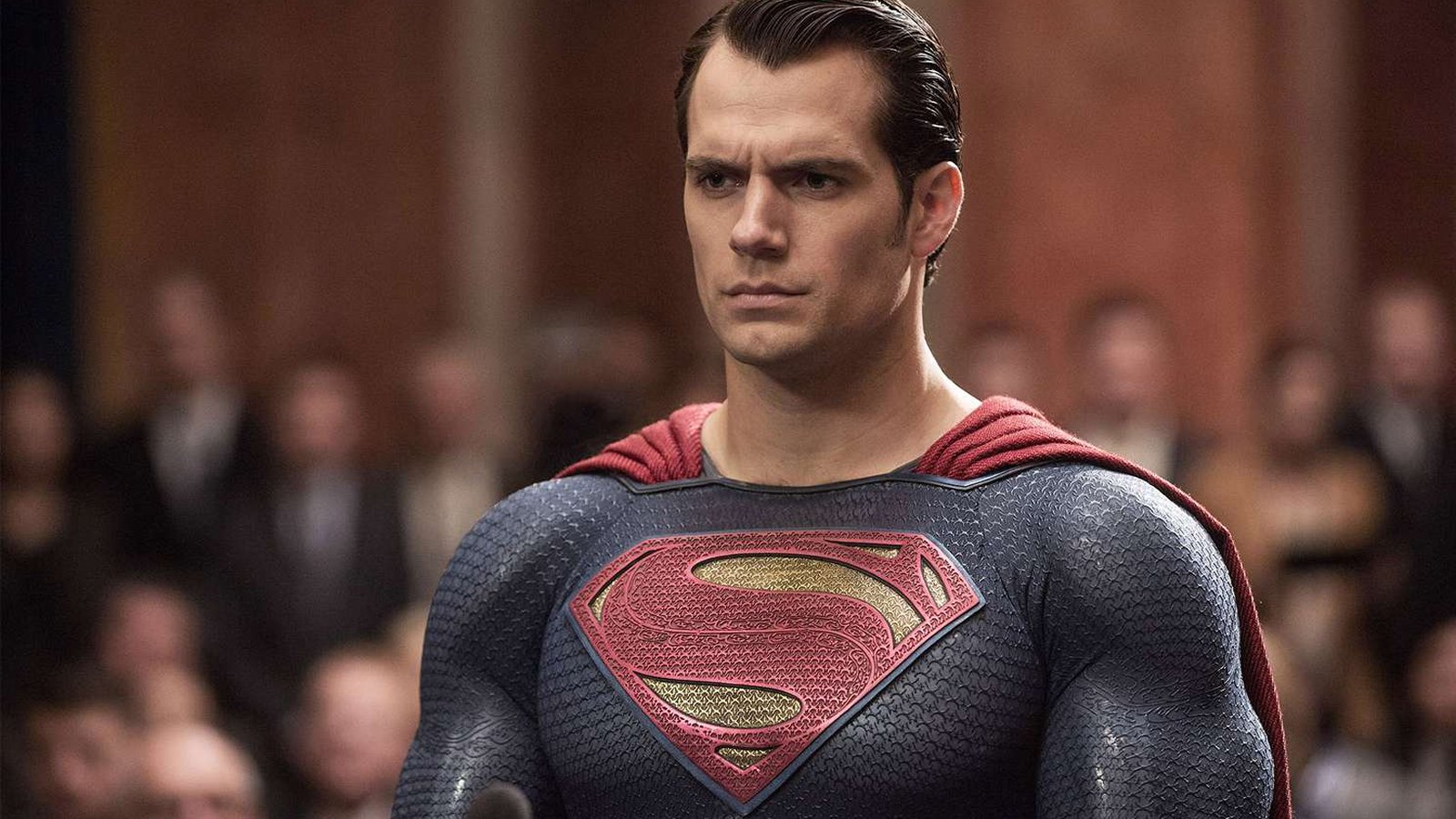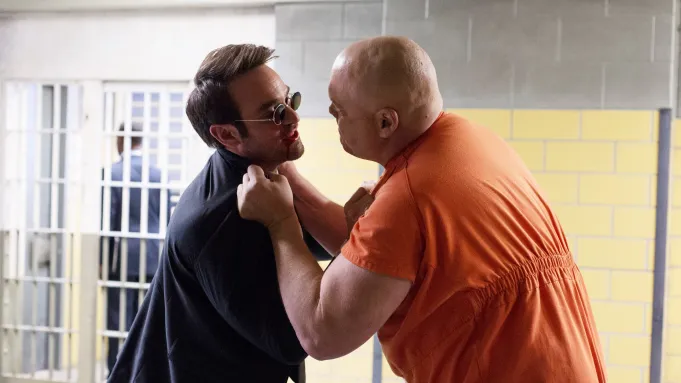If you click on a link and make a purchase we may receive a small commission. Read our editorial policy.
DCeased: How DC's zombie epic shined a darker light on the DC Universe
DCeased, the popular horror reimagining of the DC Universe reaches its end. Here’s the story behind the successful set of stories.

After launching in 2019, DCeased, the line of comic book titles created by Tom Taylor, Trevor Hairsine, and Stefano Guadiano, exploring a post-apocalyptic vision of an alternate DC Universe has come to an end with its miniseries DCeased: War of the Undead Gods. Revealing the true nature of the virulent Anti-Life Equation that infected some of the biggest heroes and villains of the DCU across the DCeased titles, the final battle for the fate of this universe comes to a head. And keeping in line with DCeased’s bold and bloody storytelling, DC’s biggest icons face an armageddon-level event together, enduring massive casualties as they demonstrate the extent of their resilience and heroism in the ultimate crucible.
Here’s how DCeased ushered one of DC’s most popular and expansive stories in years, an overview of the various sequels and spinoffs the original 2019 miniseries launched and how they continued the overarching story, and how this post-apocalyptic take on the DCU and its fan-favorite characters has taken on a legacy of its own felt across DC’s wider publishing line.
DCeased: The beginning of the end of the world

Prior to DCeased, Taylor had previously delved into a different, dark vision of the DCU with the successful comic book adaptations of fighting game Injustice. And while both DCeased and Injustice are marked by high-profile deaths of iconic characters, DCeased leaned into outright horror compared to Injustice’s superhero civil war. This extinction-level event touched every aspect of the DCU across its growing number of titles, from its cosmic corners to the supernatural elements of the universe.
The original DCeased begins with Darkseid kidnaping Cyborg and taking him back to Apokolips where he is infected with the Anti-Life Equation after learning that Cyborg’s cybernetic systems contain a cipher to unleash its full potential. Mutating in Cyborg’s body, the Anti-Life Equation becomes a techno-organic virus that turns anyone infected by it into a mindlessly ravenous zombie-like figure, with the virus spreading through those who are exposed to a broadcast sent online by Cyborg or transmitted by being bitten. After Cyborg is sent back to Earth, much of the planet is infected in a matter of minutes through individual devices connected to the internet.
The creative team kicked off DCeased by subverting expectations on how the story would unfold – as one of the keenest tacticians in the DCU, Batman would be the most likely to develop a strategy to save the world. Instead, the Dark Knight and several of his closest allies were among the first infected and subsequently killed. The shocking opening immediately established the story’s stakes and underlying reminder that no one would be safe as DCeased progressed, with entire cities leveled and scores of heroes and villains infected and dying. The initial miniseries ends with the survivors relocating to a new planet, dubbed Earth-2, with Earth itself overrun by the Anti-Living.
DCeased: Dead Planet rising

Just as Injustice’s line of sequel miniseries each spotlighted different corners of the DCU impacted by the central superhero conflict, DCeased’s spin-offs and follow-ups similarly revealed the Anti-Life Equation’s spread into other pockets of the universe. One-shot specials highlighted individual characters while the 2020 miniseries DCeased: Unkillables by Taylor, Karl Mostert, Trevor Scott, Neil Edwards, and John Livesay focused on how Deathstroke and Red Hood reacted to the apocalypse, occurring concurrently with the main series.
The first true sequel to the original DCeased was the 2020 miniseries DCeased: Dead Planet, reuniting much of the previous series’ creative team for a continuation of the story. Set five years after Earth was overtaken by the Anti-Living, a team of heroes returns to the planet when they receive a distress signal from Cyborg who has discovered a cure to the virus. Braving hordes of Anti-Living, the team from Earth-2 link up with magical heroes, like Zatanna and John Constantine, who have created their own secret shelter on Earth, the ensemble manages to synthesize and spread a cure for the infected.
DCeased: War of the Undead Gods closes the saga

Though Dead Planet offers a happy ending of sorts to DCeased, its 2022 sequel miniseries DCeased: War of the Undead Gods resolved the last major plot thread by going back to how it all began– with the New Gods. With New Genesis and many of the Fourth World characters infected by the mutated Anti-Life Equation, the superheroes move to stop the contagion’s spread across the cosmos. This leads to the Green Lantern Corps becoming involved in the intergalactic conflict while the infected Darkseid resurfaces, after surviving the destruction of Apokolips that kicked off the original DCeased miniseries.
War of the Undead Gods provides the reward to maintaining hope in the face of a hopeless situation, with many characters reuniting with their cured loved ones who previously appeared lost to the ravages of the virus. And for all the spacefaring action that the saga took on with its final installment, the focus remained squarely on the Bat-Family, with both Damian Wayne and Alfred Pennyworth taking point during the heroes’ last stand against the sentient Anti-Life Equation, undergoing transformations of their own to turn the tide of battle and save the day one last time.
DCeased’s lasting legacy

Apart from its prolific place among DC’s publishing line since 2019, DCeased helped position horror to have a greater presence with DC’s output, including titles published under the DC Horror imprint which launched in 2021. While DC had leaned into the horror genre recently before, notably with Joe Hill’s Hill House publishing imprint, DC Horror presented a less singular creative vision while leaning into more mature horror storytelling. Though not explicitly published through the DC Horror imprint, DC’s foray into horror would continue with 2021’s DC vs. Vampires by James Tynion IV, Matthew Rosenberg, and Otto Schmidt, which similarly featured a version of the DCU overrun by ravenous monsters.
Taylor himself would expand his creative presence at DC following the success of DCeased, primarily through the Superman line of titles. Just as DCeased saw Jon Kent forced to step up and assume the mantle of Superman when his father was abruptly taken off the board, Taylor would also focus on Jon following in his father’s footsteps, albeit under considerably less apocalyptic circumstances.
DCeased presented a DCU consumed by the ultimate nightmare but with its surviving heroes enduring the horrific crucible to find hope at the end of the world and live on. The creative team showed readers what the iconic characters were really made of, shining through tragedy and loss as they kept fighting against impossible odds. DC had mixed its characters with horror on multiple occasions before but nothing with the same scale as DCeased and the genre blend continues to have a visible impact on the publishing line.
All eight issues of DCeased: War of the Undead Gods are on sale now, with the hardcover collection on sale September 5 and currently available for preorder. The miniseries is written by Tom Taylor, penciled by Trevor Hairsine and Lucas Meyer, inked by Meyer and Andy Lanning, colored by Rain Beredo, and lettered by Saida Temofonte.
Make sure you've read all of our recommended best DC Comics stories ever.
Follow Popverse for upcoming event coverage and news
Find out how we conduct our review by reading our review policy
Let Popverse be your tour guide through the wilderness of pop culture
Sign in and let us help you find your new favorite thing.
















Comments
Want to join the discussion? Please activate your account first.
Visit Reedpop ID if you need to resend the confirmation email.